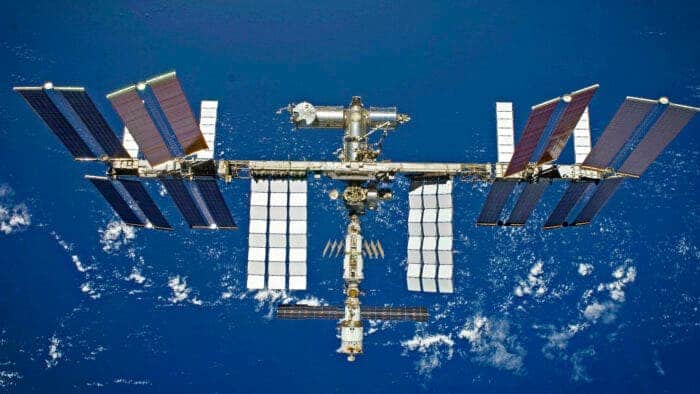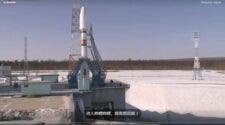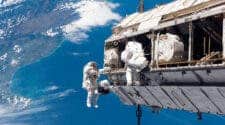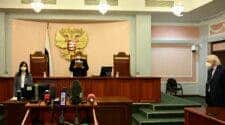The new head of the Russian Space Agency, Yuri Borisov, explained the statement that Russia plans to withdraw from the International Space Station project. According to his recent explanation, the Russian Space Agency plans to start the withdrawal process after 2024. This does not mean that the country will leave the International Space Station in 2024. In an interview, Borisov clarified, “The withdrawal we announced was not intended to be done in 2024 but after 2024. In Russia, these are two completely different meanings.”
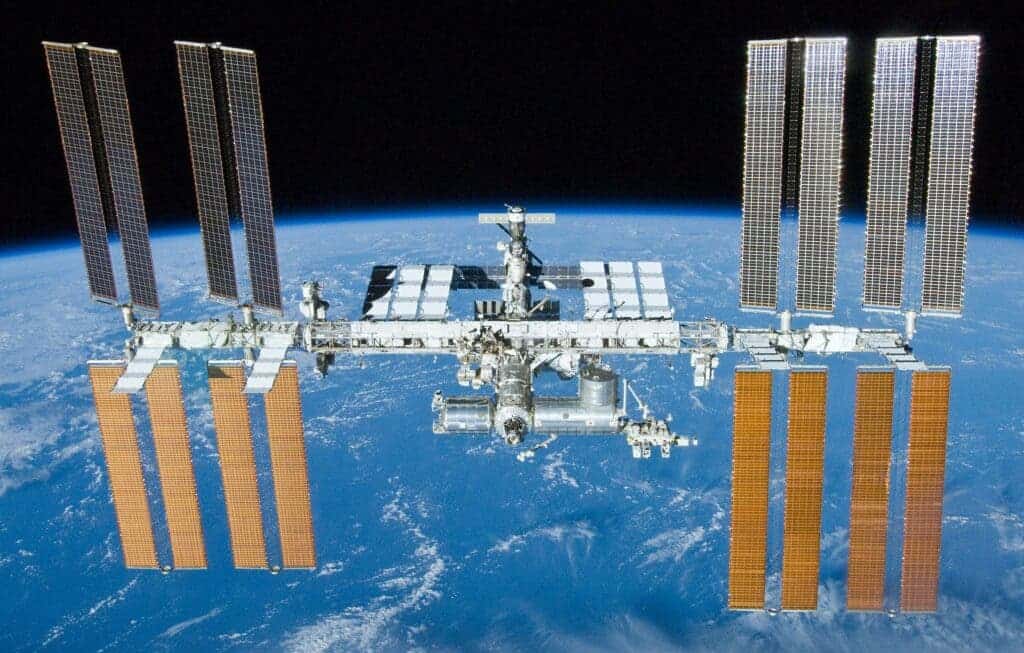
Borisov also outlines the basic strategy adopted by Roscosmos to withdraw from the International Space Station project. He also clarified the intention of Roscosmos to continue to implement the established plan in accordance with international agreements. “The procedure for the withdrawal of Roscosmos from the ISS project is clearly defined,” Borisov explained.
“We have to notify our partners a year in advance, and we will do it in this and that,” Borisov said. “We haven’t notified [NASA] yet; there’s no need to do that at the moment. All we said is that in 2024, we will start the exit process.” He added that it “could take up to two years” before and after exiting the ISS program. He also claims that such a notification could come sometime in 2024 or 2025.
Roscosmos hopes to continue work with the ISS projects
Borisov’s statement is not surprising. Roscosmos officials reportedly told NASA last week that the Russian space agency still hopes to continue working together on the International Space Station project for some time. Ideally, until Russia has its own space station up and running around 2028, according to reports.
“About two years ago, we started to seriously consider the follow-up (human spaceflight) program and develop our own orbital space station,” Borisov said, citing “authoritative opinions of many experts”, predicting that the ISS will be ready by 2024. The likelihood of cascading failures will increase later, which is the basis for his earlier remarks about exiting the ISS in “2024.”
“The time our astronauts, including American astronauts, spend looking for and eliminating possible malfunctions will start to exceed all reasonable limits. This is at the expense of scientific research,” Borisov explained.
In fact, NASA is also considering plans to develop a low-Earth orbit space station after the International Space Station is decommissioned. For example, NASA has provided funding to several companies to develop commercial space stations. While the International Space Station is officially approved to operate until 2024, NASA hopes to keep it running until 2030. Borisov believes that until 2030, the benefits of the operation of the International Space Station project will gradually diminish.
Russia has little or no role to plan in extending operations to 2030
Borisov asserted that since many of the American modules on the ISS are newer than most of the Russian modules, the Russian modules won’t have much scientific role in extending operations to 2030.
“Most of the plans for operating at 61.5 degrees orbital inclination, especially the various experiments on the International Space Station, have been completed,” he said. “From a scientific point of view, extending this process to 2030 has no additional benefits. Too much investment to keep the Russian modules running and participating in some projects.”
Russia’s early withdrawal from the International Space Station program could jeopardize NASA’s hopes of keeping the ISS operational until 2030. The International Space Station needs to periodically start the thrusters to maintain the orbital altitude. NASA recently used the “Cygnus” cargo spacecraft to conduct tests to correct the operating altitude of the space station. However, so far, the Russian Soyuz and Progress spacecraft have been responsible for performing orbit corrections for the International Space Station.
A 2022 report by a team of NASA and Roscosmos engineers outlines a collective recent plan. The plan is for three Russian Progress cargo craft to deorbit the International Space Station in a controlled manner. However, it is unclear whether Cygnus will be up to the task. “From the point of view of Western colleagues and experts, without Russia’s participation, this is likely to be impossible,” Borisov said.
As far as Borisov is concerned, cooperation may be his top priority. The new head of Roscosmos said in an interview:. “The ISS project has enriched the world’s scientific understanding of the universe and Earth. It provides new insights to all participants in the process, and in some way. To a certain extent unites all mankind.”
Roscosmos is behind other national space agencies
In addition, Borisov seems to admit that Roscosmos has fallen behind other national space agencies. “If we compare the current state of development of satellite networks with the major players in this field today, they have already surpassed us in this regard.”
Borisov adds that Roscosmos’ development “depends” on the Russian economy. He also claims that his intention is to fundamentally restructure Roscosmos’. He will make changes to the “main processes of the technology cycle, such as development, production, and testing.”
Recall that after the start of the conflict between Russia and Ukraine, tensions started to grow in different parts of the world. Russia has been hit with multiple bans and restrictions by the U.S. and many European nations. However, because of its importance at the International Space Station, the U.S. can not ban Russia. While the U.S. o longer cooperates or does business in Russia, it still cooperates with Russia in the ISS project. However, with Russia set to pull out, there will be a major shakeup to the International Space Station project. Nevertheless, the U.S. will do all it can to keep the station up ad running until 2030 at least.

